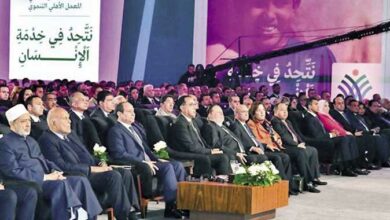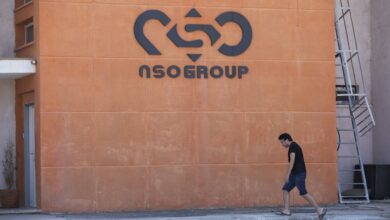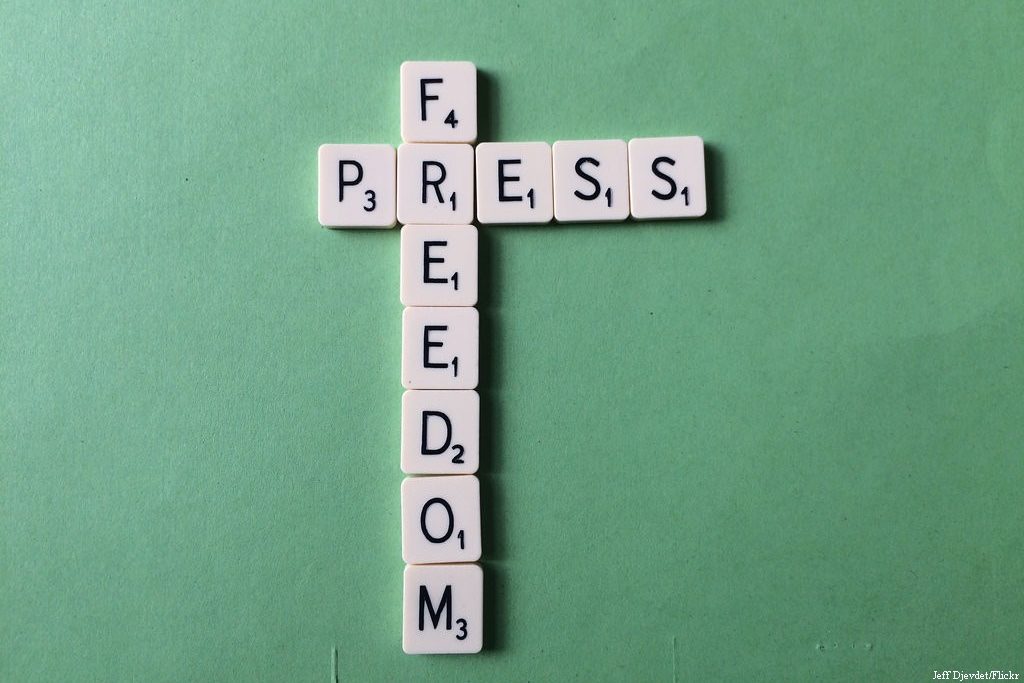On Friday, 7 November 2014, I watched in the evening a talk show in which the host and her two guests severely attacked civil society organizations, accusing them of treason because some of them receive training or financial support from foreign organizations.
Here are five points I should first bring to your attention:
1. None of the audacious three in the program, which lasted a full hour, brought a single evidence or even presumption that supported their claim.
2. The stupidly ignorant trio did not realize that civil society and its volunteer organizations have become a partner and rival of the state and the private sector in all the developed countries that are known as the first world, such as Sweden, Norway, Denmark, Britain, Canada and the United States, as well as in the second world's rising countries, such as India, Korea, Malaysia, Brazil, Argentina and Chile.
3. Egypt, with its public and private sectors, competes with other countries of the second and third worlds to attract foreign funds, either in the form of deposits in the banks, or investments in the economy.
4. The Egyptian government, or the state that is headed by President Abdel Fattah al-Sisi, is the first and largest body that receives foreign funding in the form of aid, grants or loans. Therefore, it would be a disaster if those three did not know this fact, and a greater disaster if they did and played stupid.
5. The ignorant three, who spent a full hour questioning the patriotism and financial honesty of civil society activists, did not realize that on the same day, and perhaps even at the same time the program was broadcast, twenty such activists were defending the Egyptian government in the human rights conference in Geneva. With the official delegation, they replied to criticism from a hundred countries about the way the Egyptian government dealt with the opposition as regards the dispersal of the sit-ins of Rabaa al-Adaweya and al-Nahda squares, the many death sentences that were issued in just one session of a court in Upper Egypt, and the protest and NGO laws.
This was not the first time that civil society activists defended the Egyptian government in international conferences. It happened at the International Conference on Population and Development that was held in Cairo and at the World Conference on Women in Beijing in the mid 1990s.
The Ibn Khaldun Center for Democratic Studies is proud that its beautiful director, Dalia Ziada, was part of the non-governmental delegation that participated in the dialogues of the International Council for Human Rights. It was not required for a representative of civil society to be a carbon copy of the official delegation, which was chaired by Minister of Transitional Justice Ibrahim al-Heneidy, and defend the government under the naive pretext that we should not show our dirty laundry abroad lest our enemies gloat. For in today's world, and with the communications revolution, the whole world can know what happens in the smallest Egyptian village before we Egyptians do.
The researchers at Ibn Khaldun warned their manager of falling into this naive trap of defending the government if there really are practices against public freedoms and human rights. For the Ibn Khaldun Center is not dumb. Actually, its eternal problem with the government and the regime has always been that it spoke openly, even if the truth was painful. Such openness brought the president of the center and twenty of its employees to three trials and prison sentences of seven years from 2000 to 2003. But the Court of Cassation, the highest judicial authority, acquitted them of all charges and severely criticized the government, which is the executive branch, for fabricating the case.
With this philosophy of not fearing to tell the truth, Ziada spoke openly in Geneva of the real situation of freedoms and human rights in Egypt. She said that terrorism, whether it comes from the government or its opponents, is a crime against all citizens. She also presented a documented report about the violent practices of the Muslim Brotherhood against state officials and institutions, and against innocent citizens.
Thus is the balance in dealing with public affairs, whether in Egypt or abroad.
Here, I must reproach our government that does not remember civil society organizations except in times of crises. It is no secret that more than one hundred countries submitted inquiries to the Egyptian government before the Geneva conference about the human rights situation in Egypt. Perhaps the Muslim Brotherhood and its supporters, who spread in more than sixty countries, were behind this in order to embarrass or discredit the government after the people and the army overthrew President Mohamed Morsy.
The authorities in Geneva allowed them to do so just as the authorities in New York allowed them to organize demonstrations against President Abdel Fattah Sisi during his speech before the United Nations General Assembly several weeks ago. That day, the Egyptian Foreign Ministry sought the help of civil society activists like Dalia Ziad because they enjoy credibility abroad.
But outside times of crises, the security apparatus at home keeps bothering the employees of the Ibn Khaldun Center and keeps questioning their patriotism, especially if they receive financial support from abroad, while the Egyptian government itself is the largest recipient of foreign financial support from Arab, European and American sources.
For the government officials I say: If your house is made of glass don’t throw stones at civil society activists.
Edited translation from Al-Masry Al-Youm




